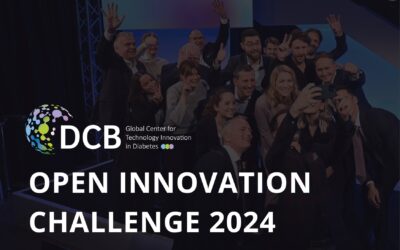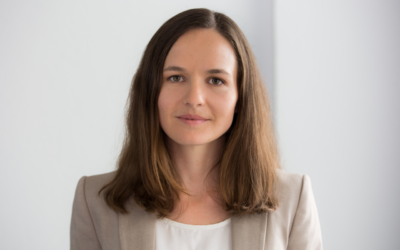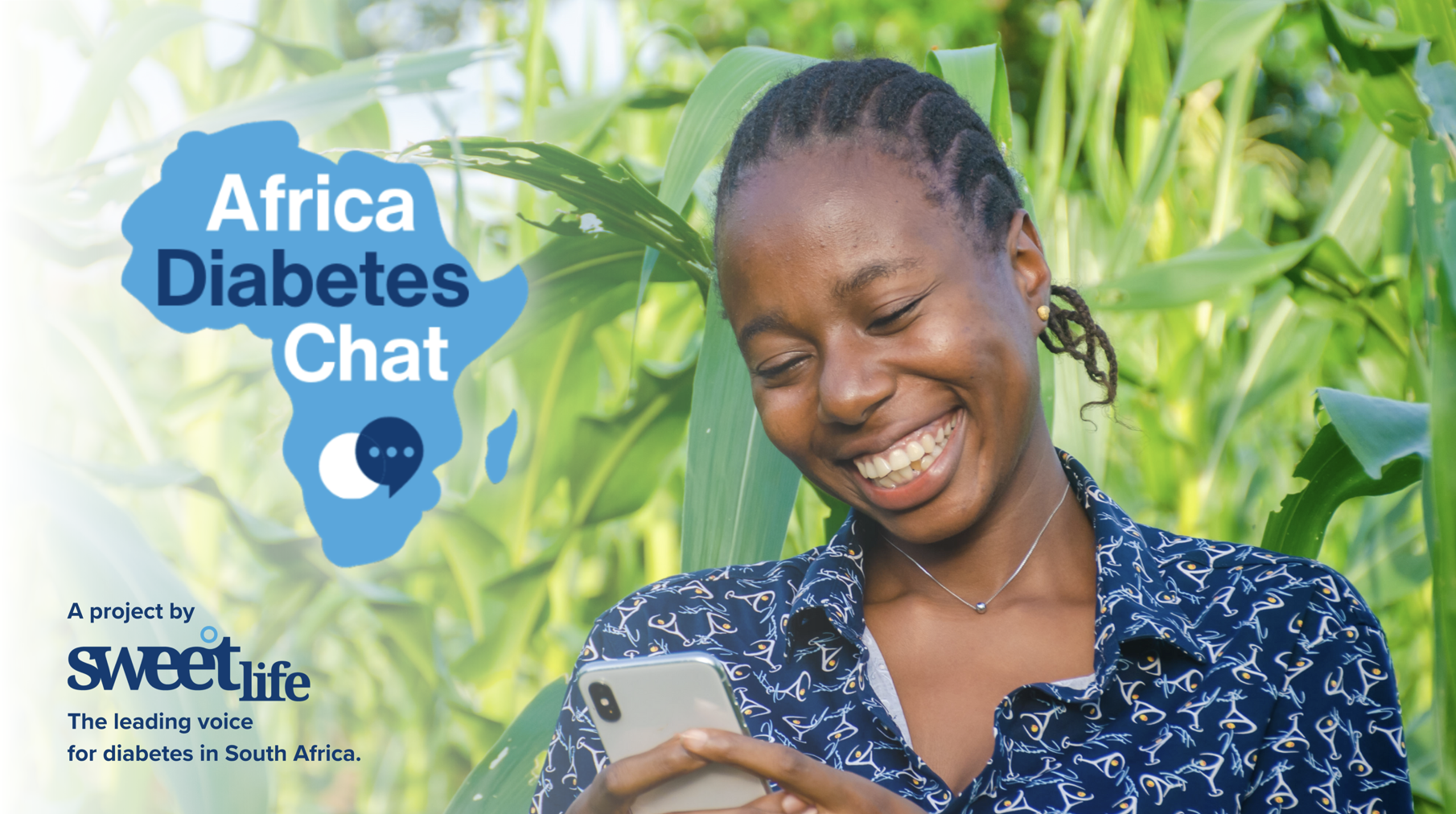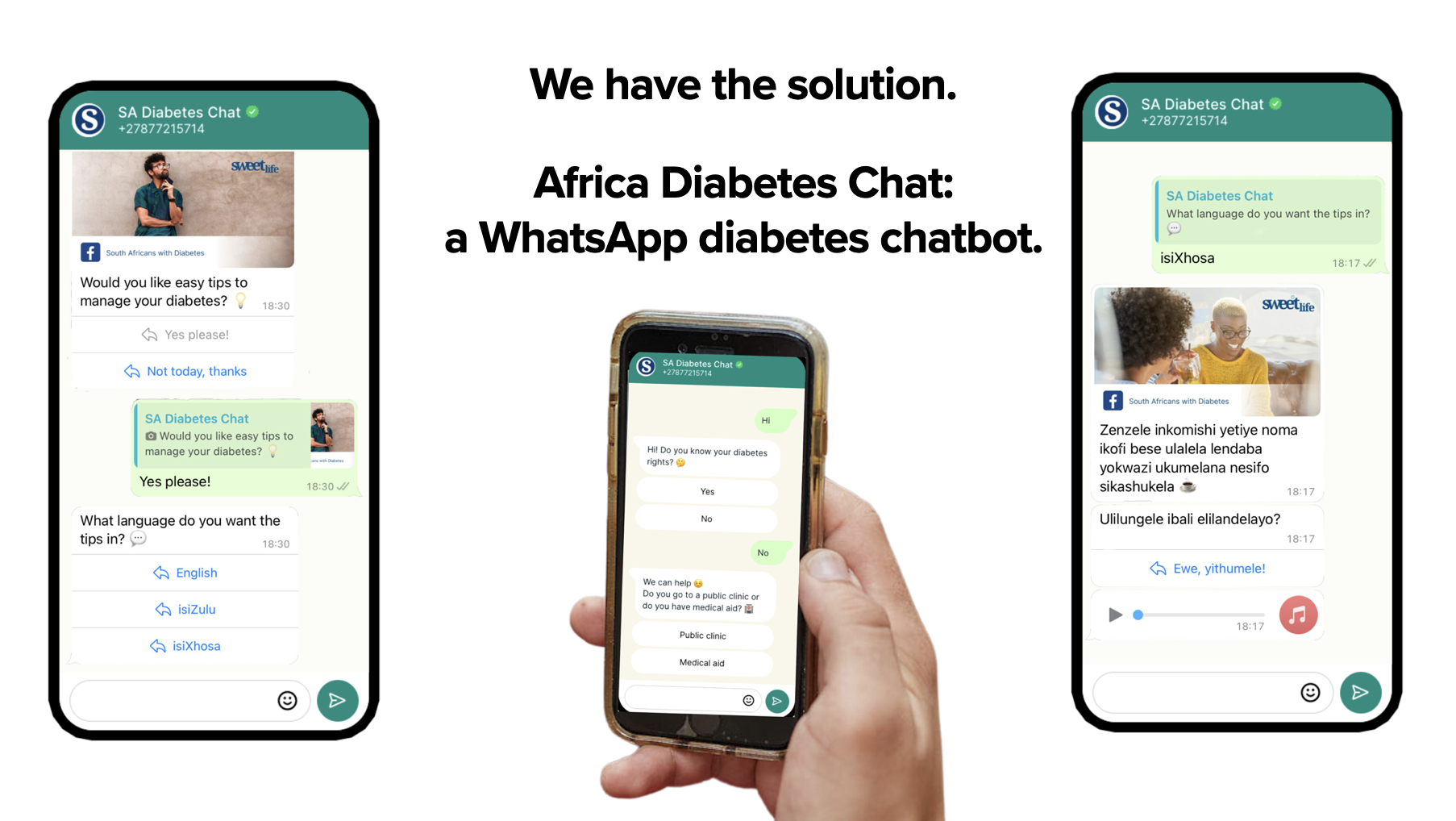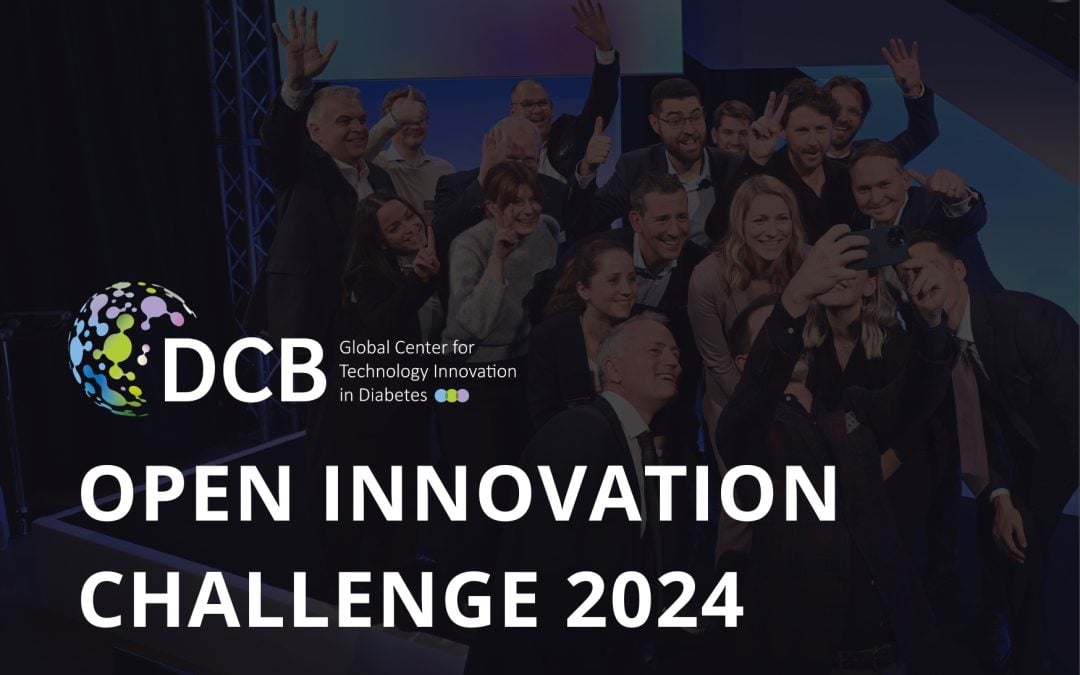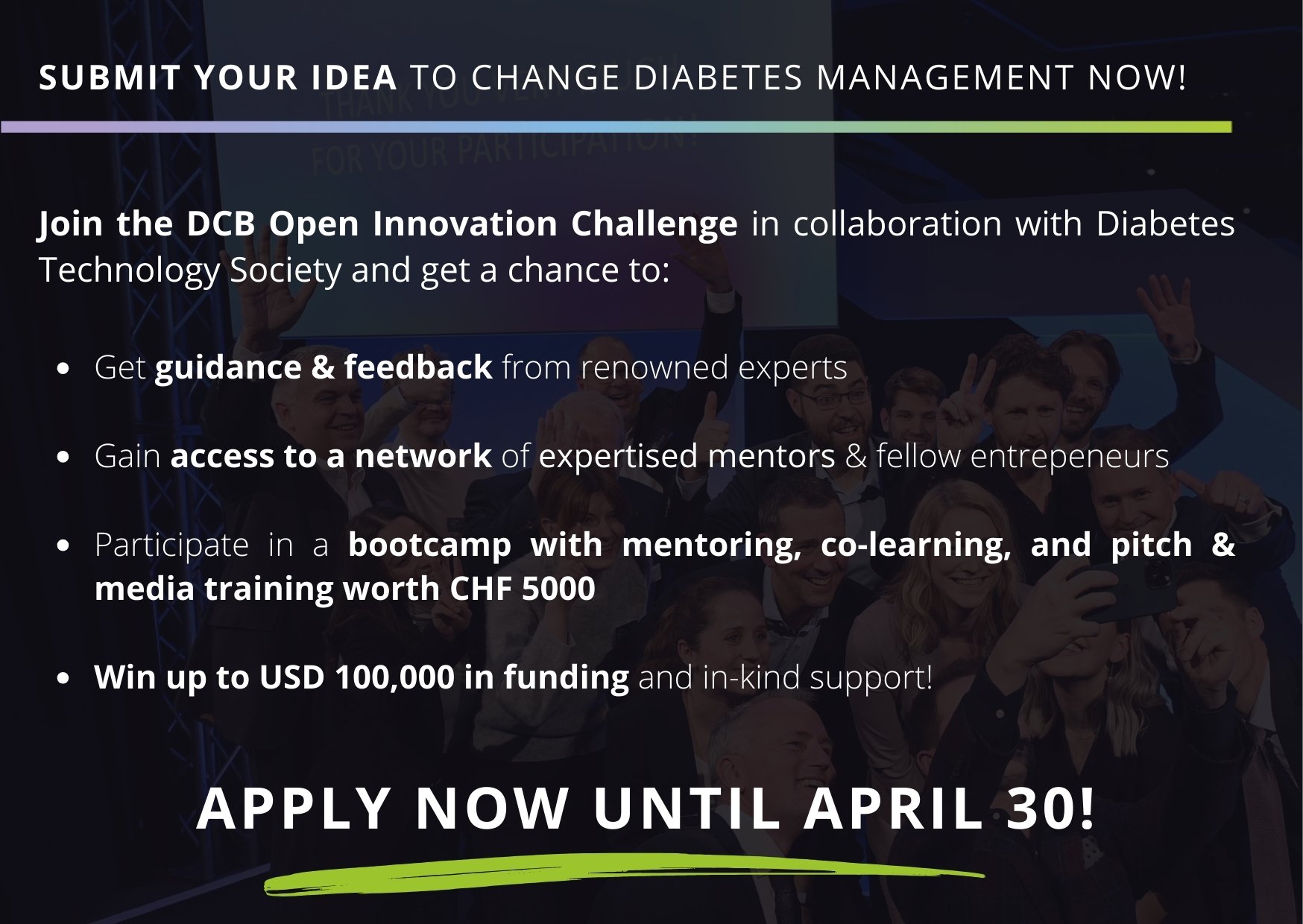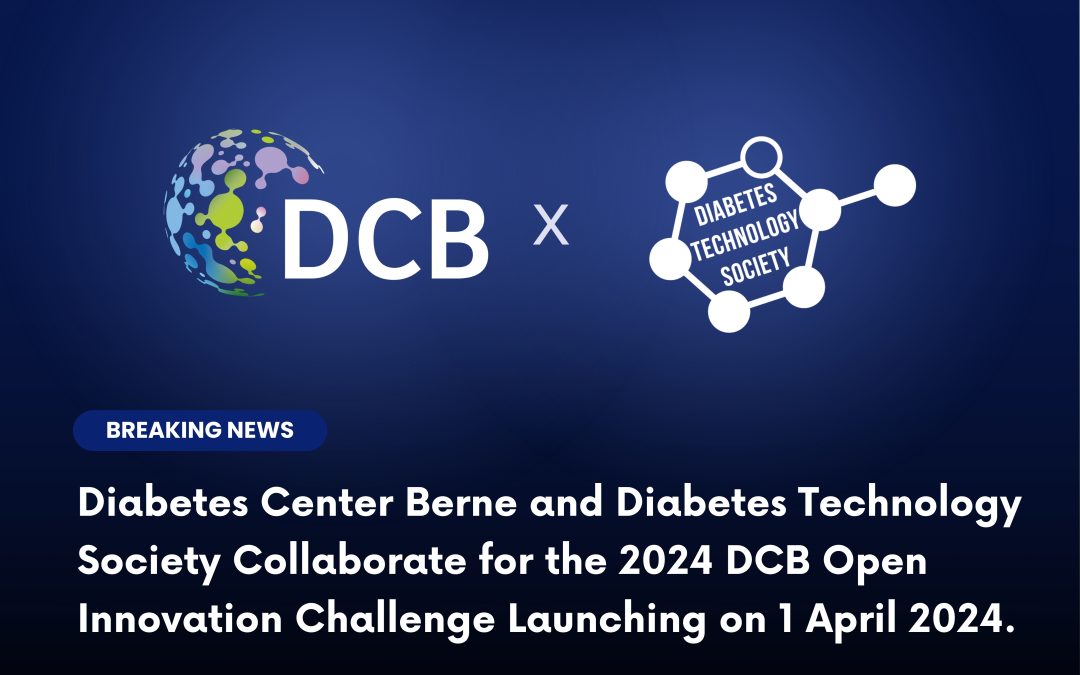DCB is thrilled to be featured in the Nature Portfolio Spotlight on Switzerland. The article "Cutting-edge diabetes...

DCB featured in Nature Portfolio: “Cutting-edge diabetes technology to make lives easier”
DCB featured in Nature Portfolio: “Cutting-edge diabetes technology to make lives easier”
DCB is thrilled to be featured in the Nature Portfolio Spotlight on Switzerland. The article “Cutting-edge diabetes technology to make lives easier” dives into our work at DCB and outlines significant advancements in diabetes management.

Cutting-edge diabetes technology to make lives easier
The renowned Nature Portfolio has issued a Spotlight on Switzerland with the motto: “Switzerland has enjoyed a warm relationship with the rest of Europe for decades – but how has that influenced the research done in the country?”
DCB is thrilled to be featured in this Spotlight, shining a light on diabetes technology research and innovation.
Our assistant professors José García-Tirado and Lilian Witthauer, as well as our scientific program manager Martina Rothenbühler were interviewed, providing insights into their work at DCB and the development of technologies such as the artificial pancreas, which promises to transform the daily lives of people with diabetes by simplifying insulin management.
“Our mission is to support diabetes research and technological advancement. We’re building bridges between research and startups, industry and other stakeholders.”
– Martina Rothenbühler, DCB
Read the article now to dive deeper into our work and see how innovative technologies are shaping the future of diabetes management.
More recent news
DCB featured in Nature Portfolio: “Cutting-edge diabetes technology to make lives easier”
The DCB Open Innovation Challenge is Back: Submit Your Idea Now!
For the fourth time, the Diabetes Center Berne is launching the Open Innovation Challenge with the aim of specifically...
Lisa Koch joins DCB as professor specialising in artificial intelligence and data science
The newly created assistant professorship with tenure track is the third of a total of three professorships in the...


DCB Research AG
Freiburgstrasse 3
3010 Bern
Switzerland

